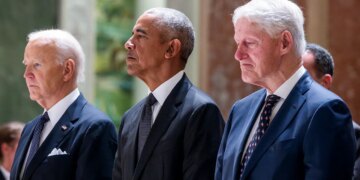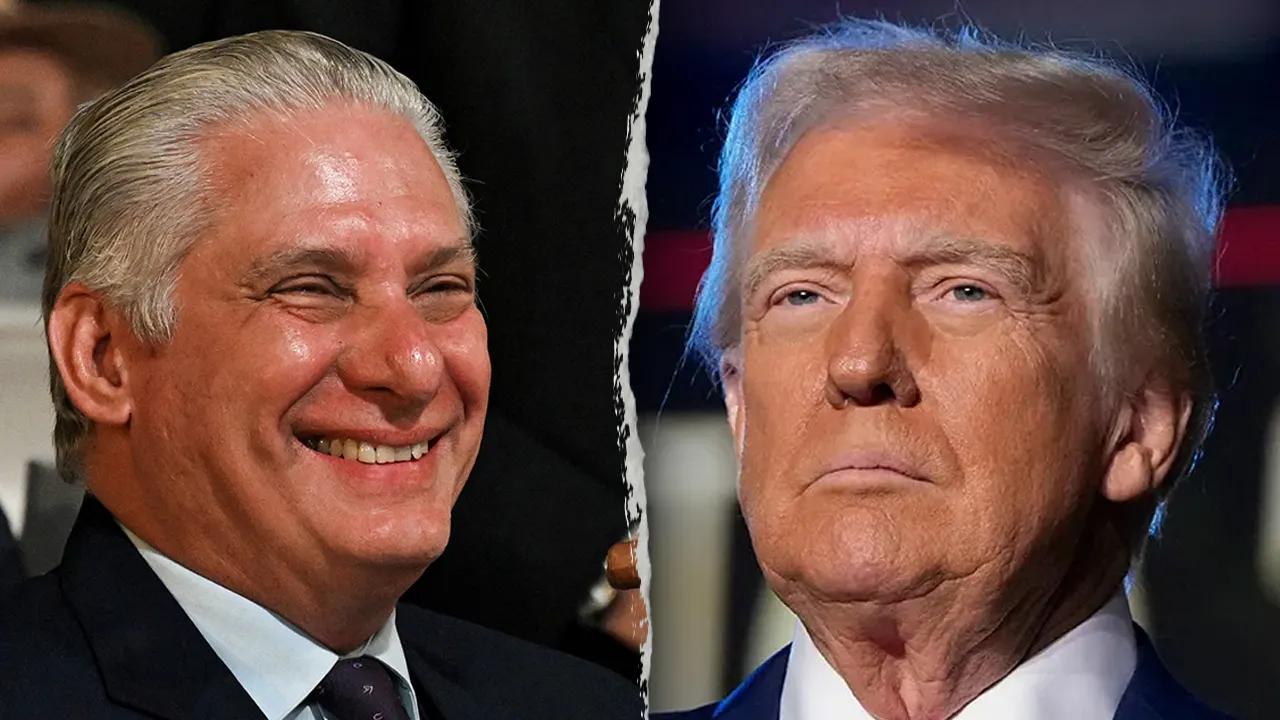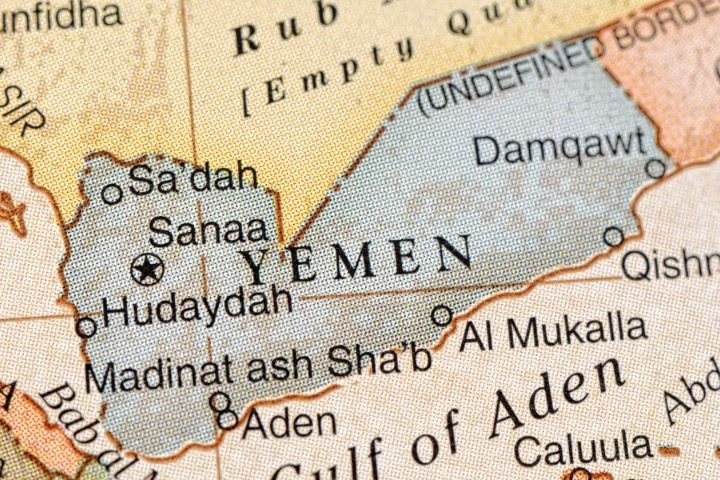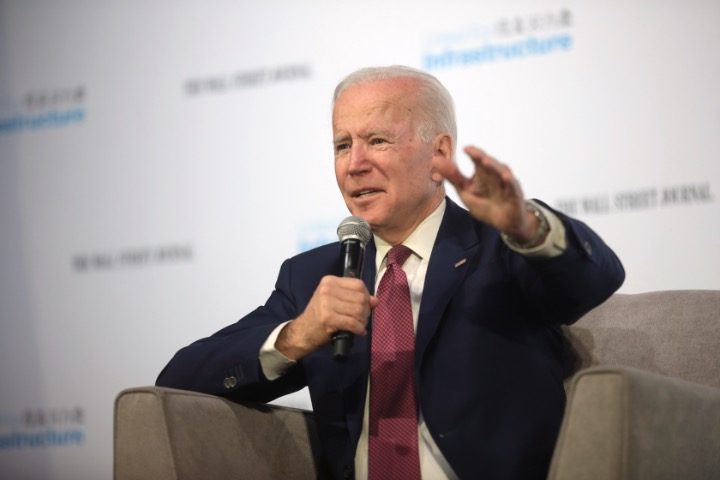
The civil war in Yemen, in the southern part of the Arabian Peninsula, after years of U.S. support for one side in the conflict, is threatening to become a much more serious war for the United States and other Western nations. After the Iranian-supported Houthis began launching drones and cruise missiles in November to disrupt Western shipping in the Red Sea so as to pressure Israel to allow the importation of food and medicine into Gaza, the United States and other Western nations, including France, Italy, the United Kingdom, and others, formed a coalition to strike back.
Wars have consequences, often far different than those envisioned at the beginning of the conflict. They can spread beyond the initial point of contention (the most famous example being the conflict between Austria and Serbia over the assassination of the archduke of Austria in 1914 leading to what was then the bloodiest war in human history — World War I). In other cases, wars can lead to lasting resentments, such as the Napoleonic Wars helping to create a united Germany — united in its hatred of the French.
The American people should learn these lessons, and view foreign interventions with much more caution than is presently the case.
The civil war in Yemen has been ongoing for about a decade. In 2014, Houthi forces were able to overthrow the Yemeni government, which was backed by Saudi Arabia. The Houthi are Shia Muslims, while the Saudis are Sunni Muslims. This precipitated a civil war, and the Saudi-backed forces have had the support of the United States. The conflict has reportedly caused nearly 400,000 deaths, with more than half dying from non-battlefield causes such as poor healthcare and the lack of food and water.
The conflict has been largely “under the radar,” so to speak, for most Americans, as the U.S. government and the media have focused more on conflicts in places like Ukraine and a potential invasion of Taiwan by Communist China. But the Middle East has taken much more of the attention of the media and government officials since the Hamas surprise attack upon Israel on October 7, and the subsequent invasion of Gaza by Israeli Defense Forces (IDF).
After the Houthis began their attempts to disrupt commercial shipping in the region, in support of Hamas and the civilians of Gaza, the U.S. and the United Kingdom began striking targets in the areas of Yemen controlled by the Houthi. It is estimated that the attacks struck 28 Houthi locations. The Houthis, however, are defiant, pledging to continue their targeting of commercial shipping. So far, it is believed that their attacks have been quite successful, stopping 85 percent of the shipping activity at Israel’s Eilat Port.
President Joe Biden removed the “terrorist” designation that had been placed upon the Houthis by his predecessor, President Donald Trump, shortly after taking office in 2021, but said this week that he now considers them a “terrorist group,” although no official change has yet been made by the government.
Not surprisingly, those often referred to as “neoconservatives,” those who look favorably upon the United States intervening in foreign conflicts as sort of a world “policeman,” view this as yet another opportunity to get involved. This effort is being sold to the American people as a way of combating the power of Iran, as Iran is considered to be backing the Houthis. Gregg Roman, the director of the think tank Middle East Forum, has cited recent Houthi actions as a reason for even greater U.S. funding of the Saudi-backed Yemeni forces to counter the Houthis, which he calls an Iranian “puppet terrorist group.”
But the role of the Iranians appears to be grossly overstated. Stephen Seche, a former U.S. ambassador to Yemen, said recently that most of the weapons acquired by the Houthis do not come from Iran, but rather from the Yemeni black market. They also have captured weapons on the battlefield. Thomas Juneau, a professor at the University of Ottawa, argued that the Iranians even urged them not to attack the Yemeni capital in 2014.
Writing at the Mises Institute, Ulyana Kubini recently argued that, “With the ongoing destruction in Gaza, the last thing the Arab world — and the American taxpayers — need is more U.S. interventionism.” She added, “As the calls for yet another American intervention continue against the backdrop of the Gaza war, it’s up to Congress to do anything in its power to ensure that the U.S. exercises restraint. Following the media and the Pentagon’s calls for intervention would be a short-sighted, misguided, and dangerous revenge policy.”
Despite all the negative rhetoric about the Iranians (a truly bad government), previous U.S. interventions in the Middle East have not led to a good end. For example, President George W. Bush invaded Iraq to depose Saddam Hussein, which simply led to an increase in the clout of Iran in the region.
Hopefully, Congress will, as Kubini has urged, wisely use its power under the Constitution to restrain the impulses of politicians — like Nikki Haley — to get America directly involved in foreign military adventures.

































 Reaction & Commentary
Reaction & Commentary















